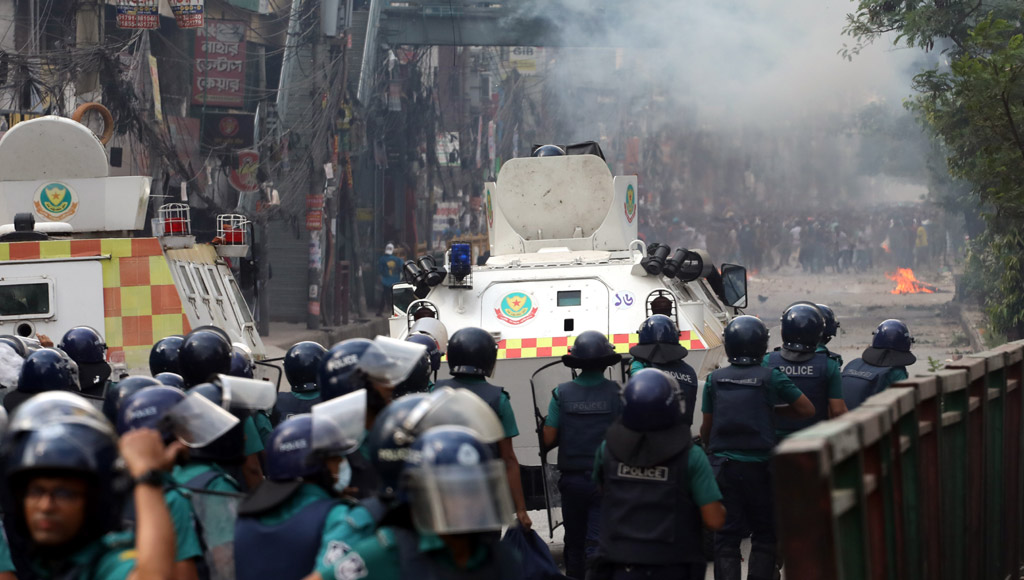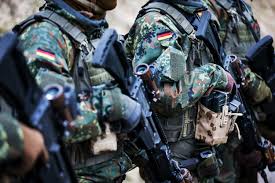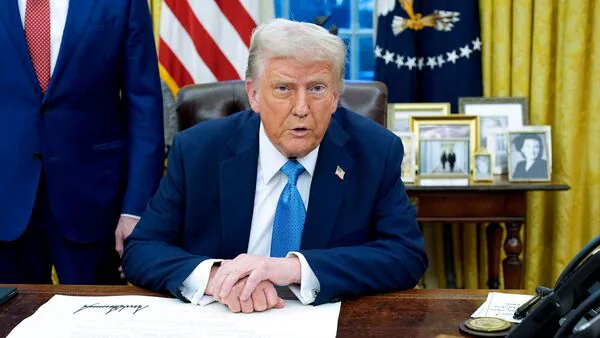The United Nations has accused Bangladesh’s former government of committing systematic attacks and killings of protesters in an effort to maintain power last year, warning that these actions could be classified as crimes against humanity. The accusations come as a result of the government’s violent crackdown on demonstrators before Prime Minister Sheikh Hasina was overthrown in a student-led revolution in August 2024.
Alleged Crimes by Bangladesh’s Former Government
According to the UN, there is credible evidence that crimes such as murder, torture, and imprisonment were committed as part of a wider pattern of systematic attacks on civilians. The United Nations’ rights office stated it had “reasonable grounds to believe” that the extrajudicial killings, carried out by Bangladesh’s security forces and members of the Awami League party, were part of an orchestrated effort by the government to suppress dissent.
A report by the UN said that the violent response against protesters and other civilians was conducted with knowledge and direction from political leaders and senior security officials. The crackdown escalated from protests against civil service job quotas to calls for Hasina’s resignation.
Victims and Death Toll
The report estimates that up to 1,400 people were killed during the 45 days of unrest, with most deaths resulting from gunshots fired by security forces. Shockingly, children made up approximately 12 to 13 percent of the fatalities. The violence was not only directed at protesters but also at individuals perceived to be supporting the opposition, including women subjected to gender-based violence.
In addition to physical violence, the UN documented widespread arbitrary arrests, torture, and retaliatory violence against police officers and political figures linked to the Awami League. The violence was framed as a strategy to suppress the growing protests and maintain control over the country.
Calls for Accountability and Justice
Volker Turk, UN rights chief, emphasized the need for accountability and justice to foster national healing. He stated that facing the wrongdoings committed during the crackdown was essential for Bangladesh’s future. He further stressed that the country needed to pursue a “comprehensive process of truth-telling, healing, and accountability” to ensure that such violations would never happen again.
The UN’s findings were largely based on over 230 interviews with victims, protest leaders, human rights defenders, and other relevant witnesses. Medical case files, photos, videos, and additional documents were also reviewed to corroborate the claims of violence.
International Response and Implications
The findings have significant implications for international relations and human rights in Bangladesh. The UN report paints a harrowing picture of the rampant state violence during a period of significant unrest. As of now, the former Prime Minister Hasina remains in exile in India and has defied an arrest warrant for crimes against humanity.
The rights office’s investigation comes after a request from Bangladesh’s interim leader, Mohammed Yunus, who welcomed the findings and emphasized his goal of transforming Bangladesh into a nation where all citizens can live in security and dignity.
The situation in Bangladesh is a stark reminder of the dangers posed by government crackdowns on dissent and the importance of international oversight in protecting human rights during periods of political turmoil.




